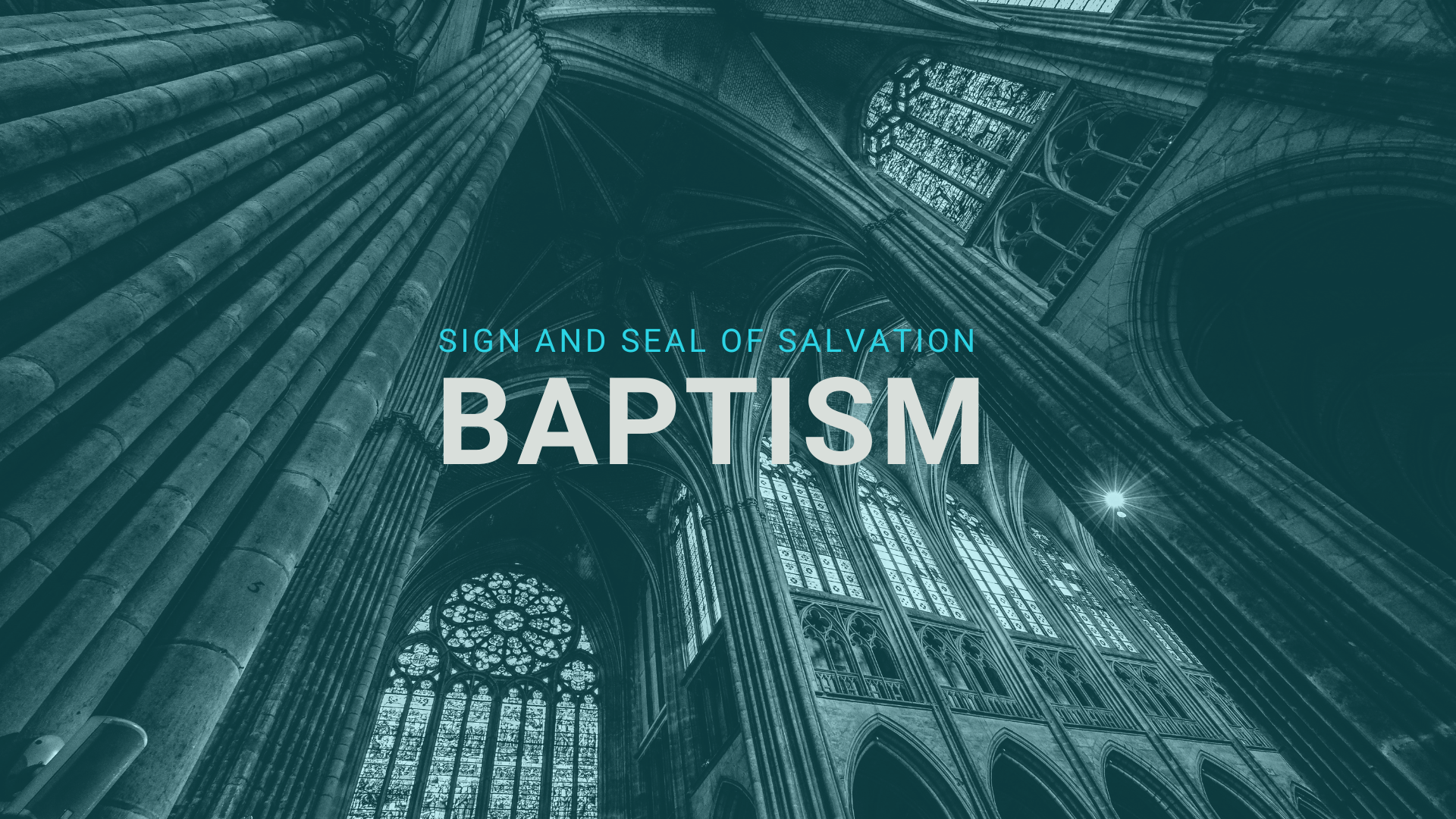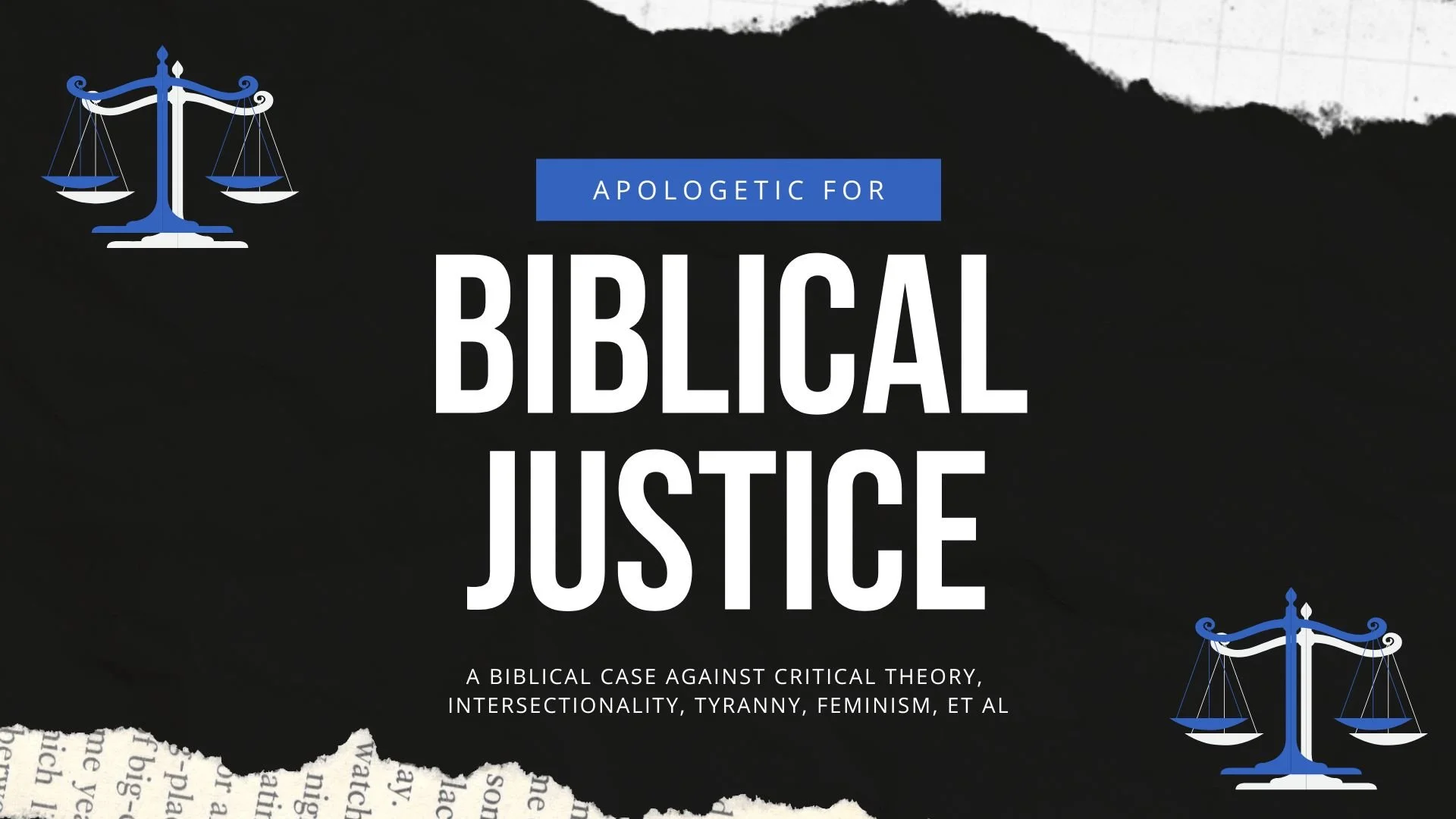Critical Theory in various forms has made its way into the dominant thought of western culture and sadly into much of the “evangelical church.” We live in a season in which “social justice” is esteemed over biblical justice and in which man’s feelings are valued over God’s commands. At the root of all of this is man’s rebellion against God (Romans 1:18ff).
Specifically, the atheistic theories of Marxism reformulated into social (rather than economic) terms has infused itself into culture. This system of thought propagated by Antonio Gramsci and the Frankfurt school seeks to overthrow the “hegemony” of Christendom. It’s tool for destruction is Critical Theory which exists for the expressed purpose of causing division. It sees all relationships through the lens of oppressor/oppressed and attacks “systems” of injustice rather than individual sin. It denies objective truth and implements deconstruction (a la Jaques Derrida) as a means of denying that which is plainly true. It denies the Law of God, and esteems the feelings of the “oppressed” as the authority on morality.














